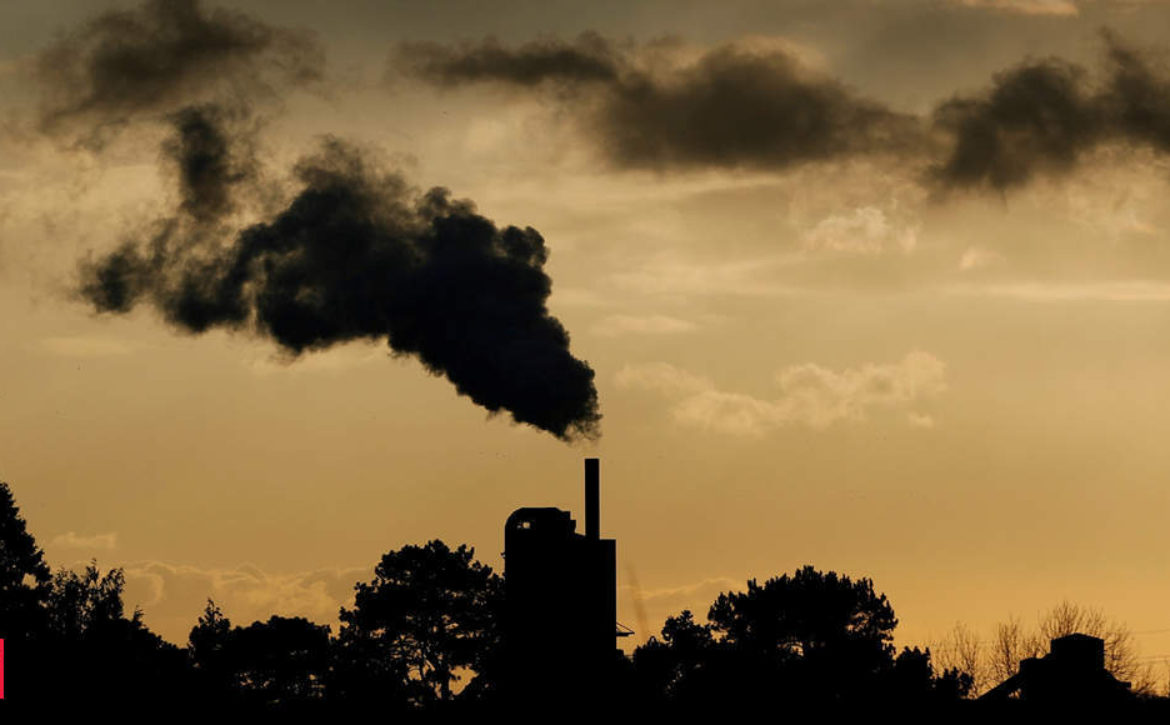
Environment Ministry sets new deadlines for thermal power plants to meet emission norms
The union environment ministry has extended timelines for complying emission norms by coal-based power plants by three to five years, and fixed penalties for non-compliance as against the earlier mandate of closure. Under the previous timeline, all coal-based power plants were to be in compliance by December 2022 or face closure. Giving in to demands by the power ministry, the environment ministry has also set a very low penalty rate for non-compliance. Environmentalists said the rate of penalties will neither serve as a deterrent nor provide the funds for taking remedial action to deal with the impacts.The amended norms, notified on Wednesday, stagger the timeline for compliance based on location of a power plant. Environment secretary R P Gupta could not be reached for comments.All the thermal power plants have been categorized into three groups—category A are plants within the 10 kilometre radius of the National Capital region and cities with a million plus population; category B plants are in the 10 kilometre radius of critically polluted areas or non-attainment cities; the remaining power plants are category C.Power producers welcomed the move. Association of Power Producers director general Ashok Khurana said it is a very rationale move based on ground realities. “It does away with one size-fits-all approach. We hope the committee while classifying projects in different categories will take into account the capacity of domestic manufacturers to meet emission control ordering position. In line with Atmanirbhar Bharat policy, we need to ensure that to the extent possible the equipment is sourced locally,” he said.However, the environment experts said the location-based approach for compliance with emission norms is unscientific. It does not take into account the emission levels of the plant and its contribution to ambient air quality nor does it take into account the formation of secondary compounds such as sulphates and nitrates that are formed from long range transport of pollutants.Power plants in category A can install the emission control equipment by December 31, 2022. As per the previous timeline, power plants in NCR were required to be in compliance by December 2019. The units in category B have till December 31, 2023 to comply and those in category C till December 31, 2024.The previous timelines had a phased compliance schedule — with the first deadline in December 31, 2019 and other power plants by December 2022. In August 2020, the power ministry had asked for a two-year extension and reiterated the demand in January. Speaking to the ET in August and January, Gupta said that a two-year blanket extension would not be given. However, he had said that given the disruptions due to the pandemic, some relaxations would have to be given.“The ministry of power wants a blanket two-year extension. That will not happen. However, delays to due to the disruptions arising from the Covid-19 pandemic and the push for domestic manufacturing must be accommodated but it won’t be a blanket two years for all plants,” Gupta told ET in January.Under the amended norms, the environment ministry has also provided flexibility to plants that have been earmarked for retirement. These units have time till December 31, 2025 to comply with emission norms. The notification states that those units which will close down operations before the compliance deadline are not required to meet the emission norms. “Retiring units” that remain in operation past the compliance deadline will be required to submit an affidavit informing authorities of when they plan to shut operations.The notification also sets out the penalties for non-compliance. Environmentalists said according to existing studies on the environmental and social cost of pollution by thermal plants, the rates set out by the government ranging from Rs 0.05 to Rs 0.20 per unit are far lower than those assessed by scientific studies.“A scientific basis for determining the penalty for non-compliance is missing. There is significant undervaluation of costs imposed on human health and the penalties will be insufficient to remediate, let alone compensate, the impact of emissions from these plants,” said Karthik Ganesan, fellow, Council on Energy Environment and Water, a Delhi based think-tank.
Read More


